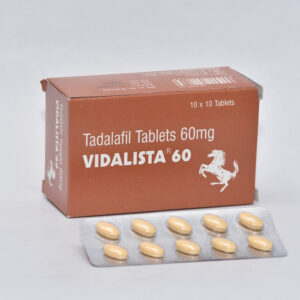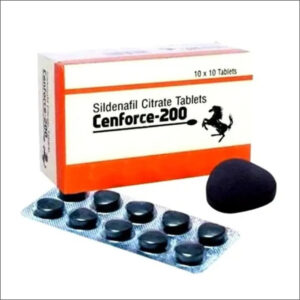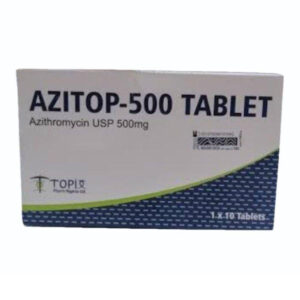Stroke is one of the leading causes of disability and death worldwide, with ischemic stroke accounting for nearly 87% of all cases. Rapid treatment is critical in stroke care, as every minute lost can result in irreversible brain damage. Thrombolytic (clot-busting) drugs have long been the primary treatment for ischemic stroke, with alteplase (tPA) being the standard medication. However, recent studies suggest that TNKase (Tenecteplase) is a quicker and equally effective alternative in dissolving blood clots and improving patient outcomes.
What is TNKase?
TNKase, or Tenecteplase, is a genetically modified variant of alteplase, developed to dissolve blood clots more efficiently. It was initially approved for treating heart attacks (myocardial infarction) by restoring blood flow in blocked arteries. However, recent research indicates that TNKase is just as effective for treating ischemic strokes, offering several advantages over alteplase.
How Does TNKase Work?
Like alteplase, TNKase is a tissue plasminogen activator (tPA) that works by breaking down fibrin, a protein that forms clots. By dissolving the clot, TNKase restores blood flow to the brain, reducing damage and improving recovery chances. The primary difference between TNKase and alteplase lies in their administration and half-life, making TNKase a faster and more convenient option.
Key Advantages of TNKase Over Alteplase
Faster Administration:
TNKase is given as a single intravenous (IV) injection, while alteplase requires a continuous infusion over 60 minutes. This difference significantly reduces the time needed to initiate treatment, which is crucial in stroke care where “time is brain.”
Similar or Superior Effectiveness:
Clinical studies show that TNKase is at least as effective as alteplase in restoring blood flow and improving stroke recovery. Some research suggests TNKase may even lead to better clot dissolution in large vessel occlusions.
Longer Half-Life:
TNKase remains active in the bloodstream for a longer period, requiring only one dose, whereas alteplase requires a continuous infusion. This means fewer complications related to prolonged administration.
Lower Risk of Bleeding Complications:
While both drugs carry a risk of intracranial hemorrhage (brain bleeding), TNKase has been associated with a slightly lower risk of serious bleeding events, making it a safer option in some cases.
Easier to Use in Emergency Settings:
Because TNKase requires just one quick injection, it is more practical for emergency medical teams, particularly in rural or remote areas where time and resources are limited.
Clinical Evidence Supporting TNKase
Several studies have compared TNKase with alteplase in stroke patients:
NOR-TEST Trial: Found that TNKase was as safe and effective as alteplase in stroke patients, with no significant differences in recovery outcomes.
EXTEND-IA TNK Trial: Showed that TNKase led to better clot dissolution and higher rates of restored blood flow in patients with large vessel blockages.
AcT Trial (Canadian Study): Demonstrated that TNKase was non-inferior to alteplase, meaning it provided similar benefits without additional risks.
Based on these findings, many stroke centers worldwide are adopting TNKase as a first-line treatment, especially in hospitals where rapid administration is essential.
Challenges and Future Considerations
While TNKase presents many advantages, a few challenges remain:
FDA and Global Approvals: Although TNKase is approved for stroke treatment in some countries, regulatory agencies like the FDA are still reviewing expanded approval for this use.
Cost and Availability: Depending on the healthcare system, TNKase may be more expensive than alteplase, which could impact its widespread adoption.
Further Research: More large-scale trials are needed to confirm its superiority in different stroke populations and refine its dosage for optimal results.
Conclusion
TNKase is a faster, more convenient, and equally effective alternative to alteplase for treating ischemic stroke. Its single-dose administration, prolonged action, and lower risk of complications make it a game-changer in stroke care, potentially improving survival rates and reducing long-term disabilities. As research continues, TNKase may soon become the new standard of care for ischemic stroke, providing better outcomes for millions of patients worldwide.
Our Products
-
Cialis 60MG
$1.50 / Per Pill
-
Viagra 200MG
$1.50 / Per Pill
-
Azithromycin 500MG
$2.50 / Per Pill





